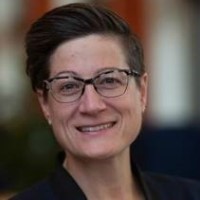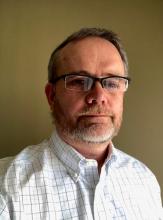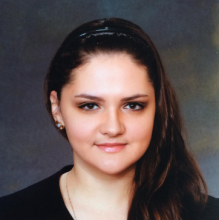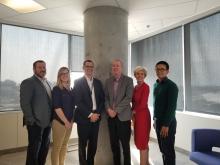Canada has come into the spotlight recently as a leader in transparency, participation and accountability on the world stage. The Privy Council Office (PCO) and Treasury Board of Canada Secretariat (TBS) share a commitment to enable Open Dialogue and Open Policy Making. It is within this context that I was invited to participate in a peer knowledge exchange on “using open government to build trust”.
Recent research published by the OECD links openness to increased trust in government, which increases legitimacy and compliance. However, public opinion research indicates that trust in government in Canada hovers below 50%. Can increased openness increase trust? This was the question on our minds as we went into the two-day working session.
The organizers invited one member of civil society and one public servant from each country, all of whom are participants in the Open Government Partnership (OGP). As such, the event had an interesting dynamic that crossed sectors and borders. We could not rely on insider shorthand or acronyms beyond the one we were all sure we knew: “OGP”.
I came to realize that this is something very special about the OGP; they actively facilitate conversations between people who work in civil society, academia, civic tech and government to take concrete actions towards opening up government. These relationships are critical to the success of our democracy, so why is engaging with people who work in other sectors so hard to do?
Canada on the world stage
The goal of my team is to enable public servants to meaningfully engage with citizens and stakeholders to feed into the policy process. We do this mainly through advice, but more actively by removing barriers and creating supports for this to happen more seamlessly. During the peer exchange, I was invited to share how the Government of Canada measures citizen and stakeholder engagement, and the link to trust.
Data from a variety of sources suggest a link between trust and engagement with government, specifically, with the opportunity to input into decision-making. As a first step to align consultation processes with citizens’ expectations, we published principles for public engagement (Transparent, Relevant, Inclusive, Accountable, and Adaptable). These principles will be measured, and case studies collected.
To contextualize the measurement of specific consultations, the following indicators were baselined through a representative survey of Canadians conducted by EKOS:
- Awareness of the opportunities to participate (37% in 2017)
- People feel they are provided with opportunities to participate (8% in 2007, 10% in 2017).
- Participation rates in government-led consultations (22% in 2007, 34% in 2017).
- Satisfaction with consultations, for those who have participated (18% in 2007, 37% in 2017).
- Government cares about the concerns of Canadians (30% in 2007, 36% in 2017).
- Trust in government to do what is right (27% in 2007, 41% say almost always or most of the time in 2017).
PCO is currently interviewing departments about their consultations in order to document case studies. Analyzing data and trends will be used to develop guidance about effective public engagement that is informed by evidence in the Canadian federal government context. If you would like to help measure the impact of working across sectors to develop policy options that result in outcomes for Canadians, please contact PCO’s Consultations and Public Engagement group at consultation@pco-bcp.gc.ca.

Laura Wesley
Executive Director, Consultations and Public Engagement, Privy Council Office, Government of Canada
Laura has a track record of disrupting the status quo to bring about results. Her knowledge of, and interest in, systems change, service design, and human motivation form a lens through which to consider new ways of working together. After more than a decade working in the federal public service, she's come to believe that working across boundaries – sectors, disciplines and organizations – results in better outcomes for everyone. In guiding individuals and teams, Laura shows an unwavering commitment to supporting people through change.







